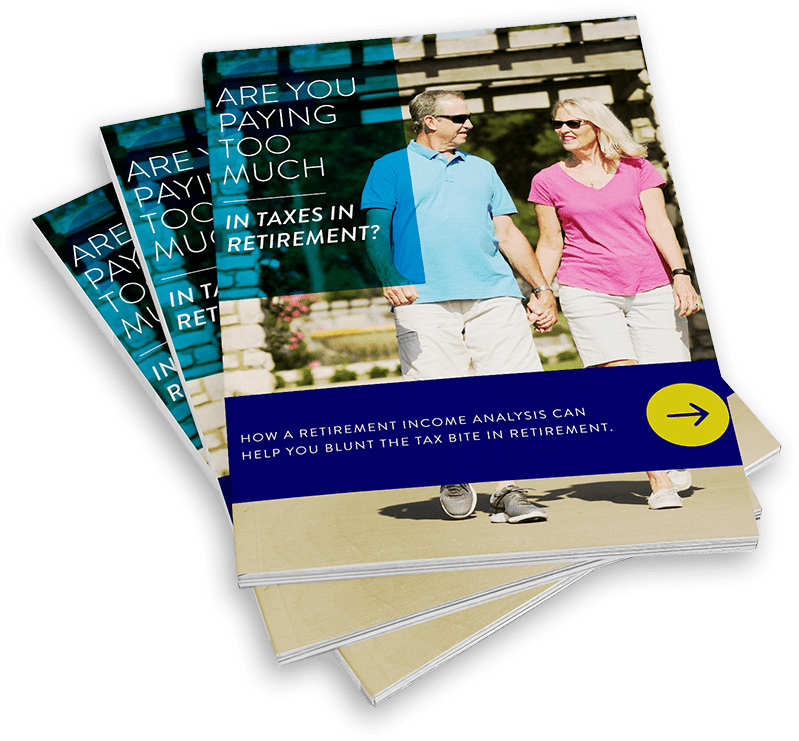There are some things we just don’t like to think about, much less speak about. The truth is, based on your demographic, age and geographic location, the death rate for you hasn’t changed much from a steady, 100% likelihood. You will eventually die. Therefore, the legacy you leave can either simplify the process of dealing with your personal and financial property, or it can be a worrisome burden passed on to those you leave behind.
There are several common mistakes people can make when planning – or not planning – for what can happen to their estates when they die. Here a few situations you should discuss with an estate planning attorney:
- Check the titling of your home. Depending on the state you live in, it is very important to consult an attorney. Many families have been horrified to find out their home is an asset subject to probate. Even if your home is paid for, that does not exempt it from probate. It is common for a married couple to own their home in a joint fashion and there is no issue if one spouse passes. However, when the last spouse passes away, it could incur probate fees because there are no beneficiaries attached to the home. Consult your attorney about a Life Estate or owning your properties in a trust.
- A blank or incomplete Schedule. Schedules are attachments to the trust that document important details concerning the trust. Schedule A, for example, can serve as an inventory sheet for the trust and what it contains. It is imperative to make sure all schedules are complete and accurate – they should not be blank! It is important to confirm with your attorney that your trust actually owns the assets you intend for it to own. If it’s not clear what assets the trust owns on financial statements, you should be concerned and meet with an attorney who can review your asset titling to confirm everything is put in the trust correctly.
- POD/TOD. Beneficiaries can easily be overlooked when opening a bank account. I have witnessed families who have had a savings account for 20 years that named a beneficiary for the account. POD means “payable on death.” TOD stands for “transfer on death.” These designations allow the beneficiary to receive assets without going through probate. Do all of your bank accounts, including checking, money market, savings and CD accounts, have your POD and TOD instructions on them? Probate can be an expensive process. Laws governing attorney fees for probate are decided by individual states and can vary. For example, consider a savings account with $200,000. In Florida, attorney fees to probate this account could be as high as 3%, or $6,000[MC1] 1 . Having a POD or TOD on this account could help save these administrative expenses.
- Too many accounts. You should adhere to the FDIC limits to help protect your bank accounts from the institution ever becoming insolvent. Conversely, there is such as thing as too many bank accounts, which can leave a headache for loved ones to sort out. For example, if you have $200,000 total in cash equivalents across seven different banks, that can be overwhelming for your beneficiaries. They will have to unnecessarily visit each institution and confirm there were beneficiary designations on each account.
- Leaving no inventory of assets. I have spent hours on the phone with widows conducting three-way phone calls with various institutions, asking: “Does she have any money with you?” I’ve always felt sorry for families that had so many account statements dating back 30 years or more. Keeping records is wise, but keeping too many records can overcomplicate an estate. Even if you have been meticulous about having all the right documents, it does no one any good if they can’t find them after you die. So leave your loved ones a concise checklist of your important documents, which should consist of your birth certificate, Social Security card, marriage license, pre-nuptial agreement, military records, wills, Power of Attorney, burial instructions, cemetery plot deed or cremation agreement, bank and credit documents, mortgage papers, personal financial documents, and safe deposit box location and keys.
They say you die twice. The first time is when you are buried, and the second is when a loved one says your name after you are deceased. Your legacy is the last impression you leave behind, and the last thing we want to do is leave a financial burden as our legacy. To avoid having your legacy be a laborious 1,000 piece puzzle scattered all over the floor, take the time to work with professionals who can help you put the puzzle together ahead of time.

Investment advisory services offered only by duly registered individuals through AE Wealth Management, LLC (AEWM) and/or Swan Capital. AEWM and Swan Capital are not affiliated companies. Our firm does not provide and no statement contained in the article shall constitute legal advice. All individuals are encouraged to seek the guidance of a qualified legal professional regarding their personal situation. Swan Capital has a strategic partnership with attorneys who can provide legal advice. 00602125 http://www.leg.state.fl.us/statutes/index.cfm?App_mode=Display_Statute&URL=0700-0799/0733/Sections/0733.6171.html
Thought this info was useful?
Please share it on your social media platforms!
Ready to Take the Next Step?
For more information about any of our products and services, schedule a meeting today or register to attend a seminar.
 Download this 8-page guide was created for you to better understand how taxes could affect your retirement income.
Download this 8-page guide was created for you to better understand how taxes could affect your retirement income.